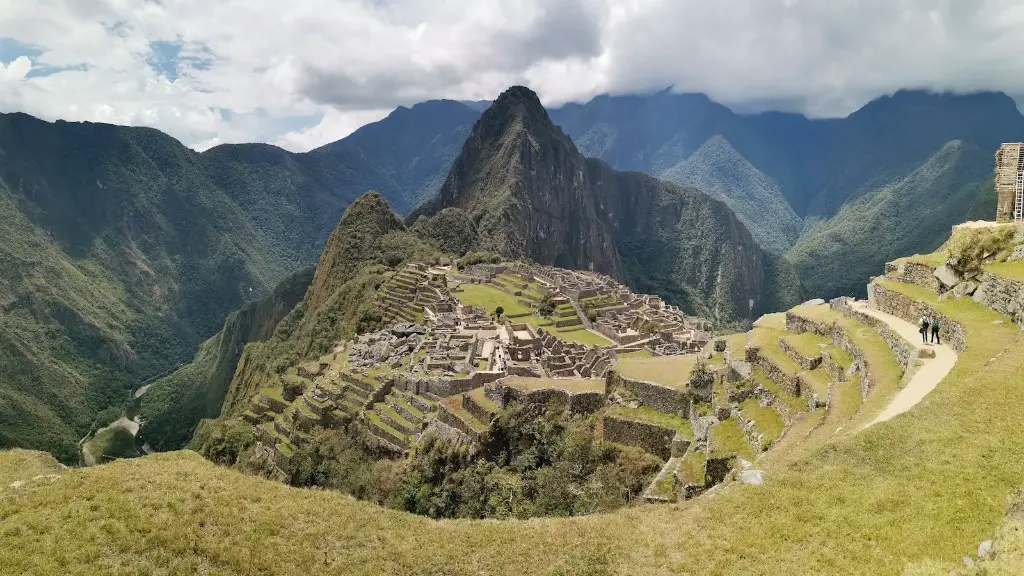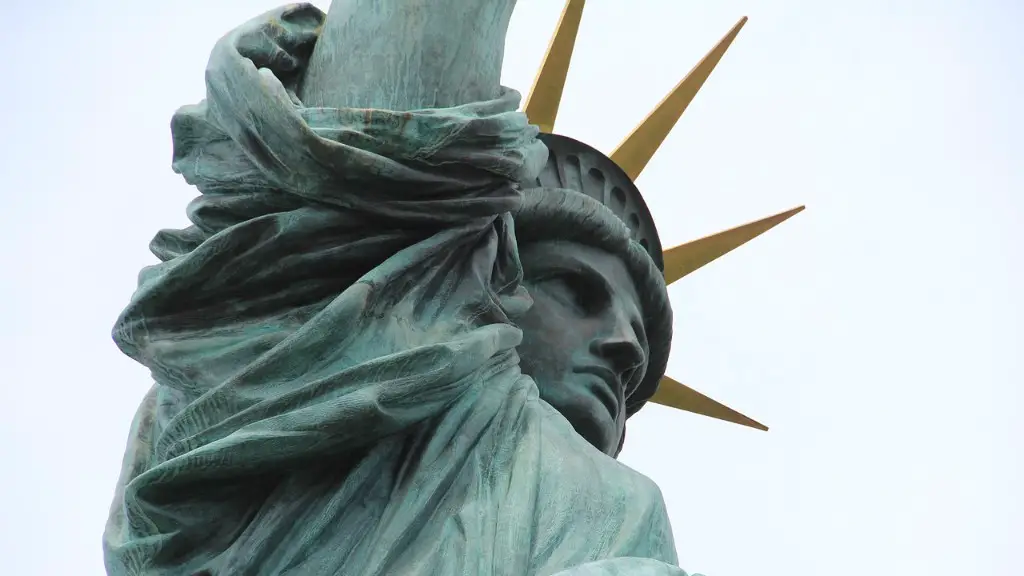Tips on How to Tip Porters On Kilimanjaro
Climbing Mount Kilimanjaro is one of the world most iconic and challenging treks. It’s an unforgettable journey that requires a great deal of physical and mental effort. Porters play an essential role in ensuring that each climb is successful and enjoyable, and are instrumental in providing support to all climbers.
If you want to maximize your climbing experience, it’s only fair to tip the porters appropriately for their hard work. The question is, how much should you tip in such an instance? This article will provide an overview of the Kilimanjaro tipping guidelines and explain how much you should tip porters on the mountain.
Most climbers agree that tipping porters is not only expected, but also appreciated as a gesture of appreciation. Porters are not only responsible for carrying and carrying heavy gear, they go above and beyond to make your experience as pleasant as possible. The general consensus is to tip approximately 10-20% of the total cost of the tour. This may vary depending on the tour length and difficulty. It is important to note that tipping should be shared equally amongst all the porters.
Experts suggest that the best way to ensure that you give an adequate tip is to calculate the total cost of the tour first and then determine the amount that you are willing to pay for the services. Most tour companies will provide a breakdown of the total cost, including everything from accommodation and food, to guide services and equipment.
Additionally, it is also important to consider how long you spent on the mountain and the quality of service that you received from the porters. If the porter was especially helpful and provided great service, then it is always recommended to offer a bit more than the minimum suggested tip.
You might also want to consider what the average wage in Tanzania is and compare it to the amount you are tipping. This will give you a better perspective on how much you should give as a tip. Most Kilimanjaro crews earn an average of $60 – $80 per week. Although tipping is not mandatory, it is an important gesture that adds to the overall morale of the team.
Finally, you should make sure that the amount that you give is shared equally among the porters. This will promote fairness among the crew and ensure harmony as well. Before you leave the team, it is important to ask the head guide to distribute the tips accordingly.
When To Tip your Porters
When it comes to tipping your porters, it is important to know that these people cannot be tipped until the last day of your tour. Although the temptation may be there to give a tip before the tour is over, it is highly discouraged. This is especially true if you are missing out on any of the services that they have provided. It is recommended to wait until the end of the tour to tip your porters.
This is due to the fact that the porters deserve to know that the tips are for their hard work and dedication. If you tip them too early, then this may be seen as a reward for their services and not as a gesture of appreciation. Furthermore, the end of the tour is the best time to assess the services that were provided and determine the amount of money that you want to tip them accordingly.
What to Consider When Tipping
When it comes to tipping on Mount Kilimanjaro, there are several factors that you should consider. The first is the amount of money that you are comfortable giving as a tip. If you can afford to give more than 20%, then it is recommended to do so. However, this should not be done out of obligation. Make sure that you are comfortable with the amount you are tipping and that it is fair.
Another factor to consider when tipping is the quality of services that you received. Did your porters go above and beyond to make sure that you had a successful and enjoyable experience? Did they provide support, guidance and assistance when needed? If yes, then it is important to reward them with a better tip.
Finally, it is important to remember that the guide should be given the largest tip. This is due to the fact that the guide is responsible for leading the group and ensuring a successful climb.
Conclusion
Tipping is an important part of the Mount Kilimanjaro experience and it should not be overlooked. It is recommended to give 10 -20% of the total cost of the tour with the guide getting the majority of the tip. Additionally, you should consider the quality of service that you receive before giving a tip. This will ensure that your porters are fairly compensated for their hard work and dedication.
Advantages Of Tipping Porters On Kilimanjaro
Tipping is an important part of the Kilimanjaro experience and it can have several benefits. Firstly, it can help to ensure that the crew are rewarded for their hard work and dedication throughout the tour. Not only is it a gesture of appreciation, but it can also help to ensure that the crew remain motivated and committed to providing a great service. Additionally, it can also help to boost the morale of the porters and make them more willing to go above and beyond to ensure a great experience for all climbers.
Furthermore, it can also be a great way to build rapport with the porters and form relationships that may be beneficial for future trips. Tipping on Kilimanjaro is also beneficial for the local economy as it provides an additional source of income for porters and guides.
How to Give Tips
When giving tips, it is important to make sure that it is done in a respectful and convenient manner. Ideally, you should hand out the tips at the end of the tour and explain to the crew why they are receiving the tip. It is always best to give the tip in cash, as this is the preferred method of payment in Tanzania. If you do not have cash on hand, then you can also consider tipping with a credit card but this is not recommended.
If you are travelling with a group, then it is important to also explain the importance of tipping to the other members of the team. This not only ensures a fair distribution of tips but also helps to ensure that everyone is comfortable with the amount they are tipping.
Common Questions About Tipping On Kilimanjaro
Tipping on Kilimanjaro can be confusing, especially for those who are unfamiliar with the process. Here are some of the most common questions about tipping on Kilimanjaro.
Q: Is tipping mandatory?
A: Tipping is not mandatory, but it is expected and appreciated as a gesture of appreciation. Most climbers agree that tipping their porters is a great way to show their gratitude and ensure a successful climb.
Q: Is it better to give a tip in cash or credit?
A: It is always best to give tips in cash as this is the preferred method of payment in Tanzania. If you are travelling with a group, then it is important to let the other members of the team know the importance of tipping so that it is distributed fairly.
Q: What is the suggested amount for tipping?
A: The suggested amount for tipping is typically 10-20% of the total cost of the tour. This may vary depending on the tour length and difficulty. It is important to also consider the quality of service that you have received and the average wage in Tanzania.
How to Show Appreciation To Porters
Tipping is not the only way to show appreciation to your Kilimanjaro porters. There are plenty of other ways in which you can show your gratitude. Firstly, you should make sure that you thank your porters for all the hard work that they have done throughout the climb. Not only will this make them feel appreciated but it will also motivate them to continue to provide a great service.
Additionally, you should also show appreciation for the hard work of your porters by constantly communicating with them throughout the tour. This will not only show that you care about what they do, but it will also help to foster a strong relationship and trust between you and the crew.
Furthermore, you can also show your appreciation by bringing treats and snacks for the porters. This is a great way to show them that you appreciate the effort that they are putting in and it is also a nice way to bond with them. Additionally, it is important to remember that the situation in Tanzania is very different from what you may be used to at home. Always remember to be respectful and polite to the crew.
Finally, you can also show appreciation by writing a review after the tour. Not only will this help other climbers to get a better understanding of the services provided, but it will also be a great way to thank the porters for the hard work and dedication they put into ensuring a successful and enjoyable climb.

